*I first heard this phrase from Myron Kellner-Rogers
Deborah Frieze
author | founder | PROFESSOR | songwriter
What’s at the heart of our work? I’ve designed my life around a single inquiry: How do we create and sustain healthy, resilient, inclusive and creative communities? The initiatives I’ve spent the last few decades creating—Walk Out Walk On, the Boston Impact Initiative, Unlock Ownership and the Old Oak Dojo—are profoundly interdependent. I believe that the future we wish for resides at the meeting place of our beliefs about change, the flow of resources and the spaces in which we create new possibilities. Check out each initiative below.


Boston Impact Initiative is a nonprofit impact investment fund working to build a future where entrepreneurs of color and their communities have the financial, social and political power to create a sustainable, inclusive and equitable economy for generations to come. BII invests integrated capital in social enterprises and community-controlled real estate to increase wealth and asset-building opportunities for communities of color.



The Unlock Ownership Fund is a multi-donor DAF (donor-advised fund) that accelerates the development of equitable asset ownership through grants and investments. Specifically, the goal is to build wealth in historically underinvested households through home and employee ownership. The fund makes it incredibly easy for DAF advisors to provide catalytic capital to emerging impact investing funds to tackle race-based wealth inequality and improve well being for families.

The Old Oak Dojo is an urban learning center in Jamaica Plain, MA, where neighbors gather to rediscover how to create healthy and resilient communities. The Dojo is one of the first 11 Living Building Challenge-certified buildings in the world. The center operates in gift culture and supports Boston-area groups advancing racial justice and the solidarity economy.



